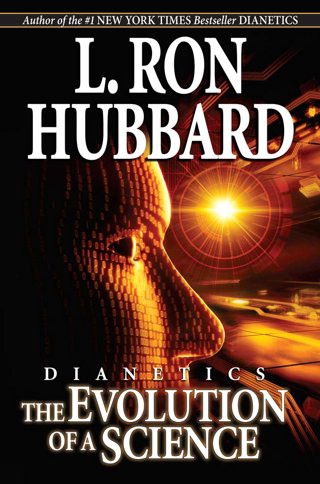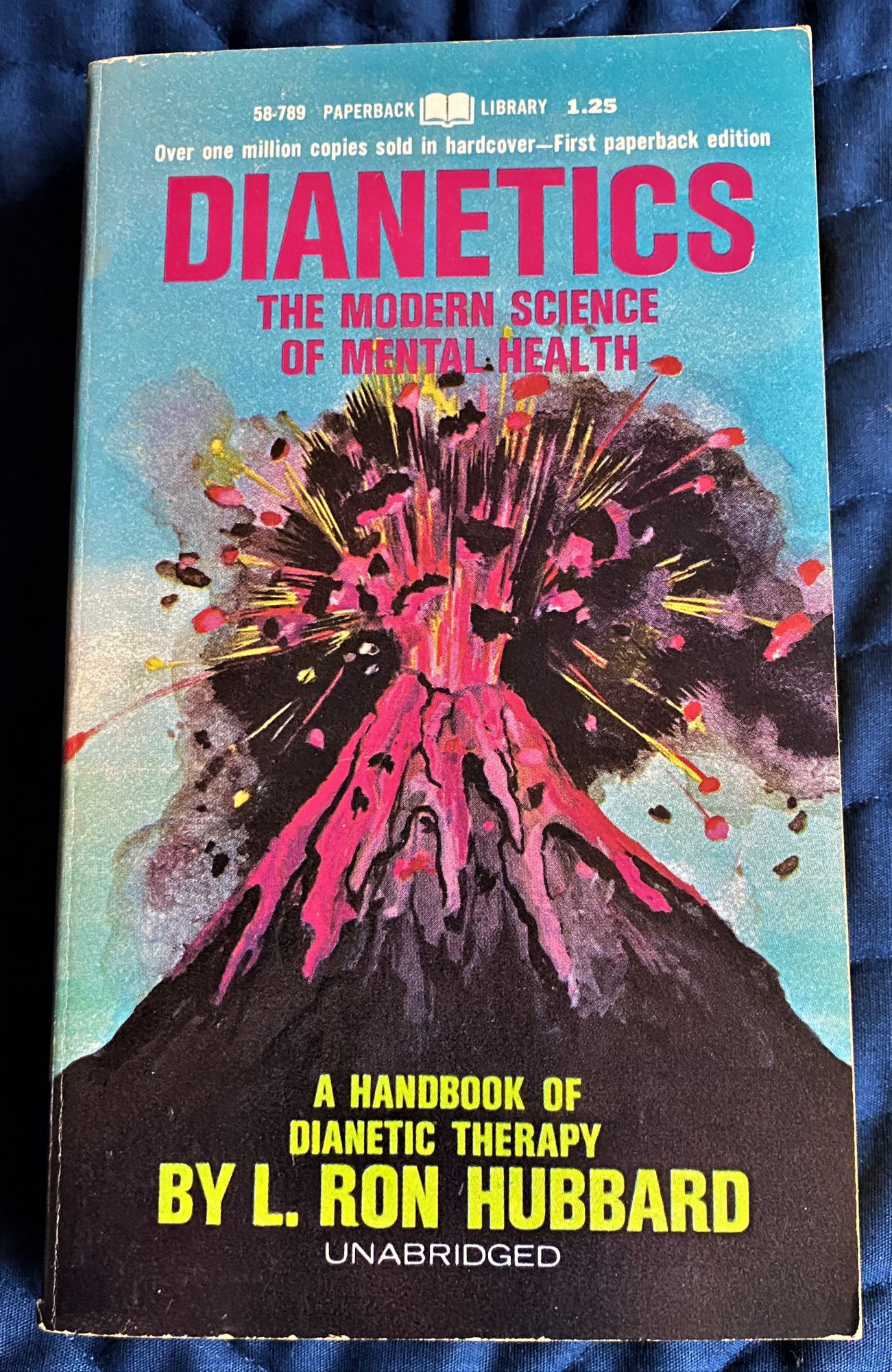Little Known Facts About Dianetics.
Wiki Article
The Best Strategy To Use For Dianetics
Table of ContentsUnknown Facts About DianeticsSome Of DianeticsUnknown Facts About DianeticsMore About Dianetics
I could not ever before not intend to obtain anything that comes to mind for you- if it was or else, I would not be sitting right here with you, doing this. I not only can never have a trouble, or otherwise wish to listen to something that enters your mind for you, but I'm totally eager to understand every idea, every idea, every picture or feeling that arises or materializes for you- don't ever before assume or else, and if for some factor you do, please simply allow me know! Sometimes, you may have a thought, and picture, concept or event pop up that does not appear to respond to the concern, or relate to it, yet nevertheless, always do inform me concerning it, and as we proceed, the importance will emerge for you.This is fundamental in the basis of handling, and the topic of this discussion: the basic functions of the therapist and the client: The basic function of the counselor is, in contrast to "standard training", not to control, which implies to enforce and/or inhibit, yet to rather work from the basis of EMPOWERING THE CLIENT.

The Ultimate Guide To Dianetics
John Mcmasters revealed this fundamental reality wonderfully well in one of his talks on Power processing, where he discusses how he was asked what this "unique knack" was that he had for giving such great sessions; he needed to assume regarding that for a moment, and spotted that it was what he wasn't doing, along with what he was doing: he had not been assessing, judging, computing, or as a matter of fact, creating any type of ideas, allow alone spoken expressions, after giving the command and while waiting on the computer to finish their solution to their fulfillment; he was, just and just, existing with the PC, and completely interested.The duty of the therapist, showed; that was his "unique flair". I have actually had my very own experience which showed me this well, extremely beforehand in the video game. In 1982, having actually just recently completed my training and internship on New Era Dianetics, I was running this on a PC, and there was a factor in the session where (being a little bit damp behind the ears not yet having lots of hours under my belt as an expert auditor) the PC seemed to be "taking too long" to share anything vocally after I provided him a command.
This trick turned out to be the most important contribution that John ever before made to the subject of treatment or bookkeeping (Dianetics). In my humble opinion, it is the best contribution that anybody has ever before made to these subjectsthe application is totally non-judgemental, non-evaluative, and lacking any kind of pointer, suggestions or opinion.no preconditioned program for people, or 'degrees' that they should do
In Idenics, the only source of details concerning have a peek at this site a client is the specific customer. In Scientology we prided ourselves on not assessing for people. Yet all that truly meant was that the auditor did not vocally assess for the computer in session. The registrars and principles officers examined for the PC.
All about Dianetics

Anyone that had ever before seen John audit can not assist yet discover an unique high quality in his bookkeeping."The client's standard role is to be there with the function of relocating the direction of their spiritual objectives, and to freely and completely share and experience whatever manifests for them in responding to the questions and implementing the instructions in the handling.
This is something to procedure as needed. Likewise, people often have previous experience and/or indoctrination in auditing/processing which, in some means, and to some levels, really misleads them right into mindsets, ideas and behavior patterns that prevent the complete realization of these roles, and so they will certainly have a tendency to prevent see this page the expressing of what comes to mind, as in the instances provided above - Dianetics. * The very first, and possibly primary examples of mis-indoctrination causing less than totally smooth and reliable sessions, can be located in certain elements of the training routines, or "TR's":"TR's" are commonly a person's first, or at the very least early, experience in Scientology, and while I will certainly take place to clarify what I see as the problems in concept and method, nevertheless, often tend to be greatly restorative, done as they are offered (Hubbard insists that "TR's are not processing, they are educating", but factually, they are both handling AND training)
There is no "flunking", and no denial of the fact of this being handling. The emphasis, as it must be, is useful link on experiencing the various other person's visibility.
Some Known Facts About Dianetics.

Report this wiki page